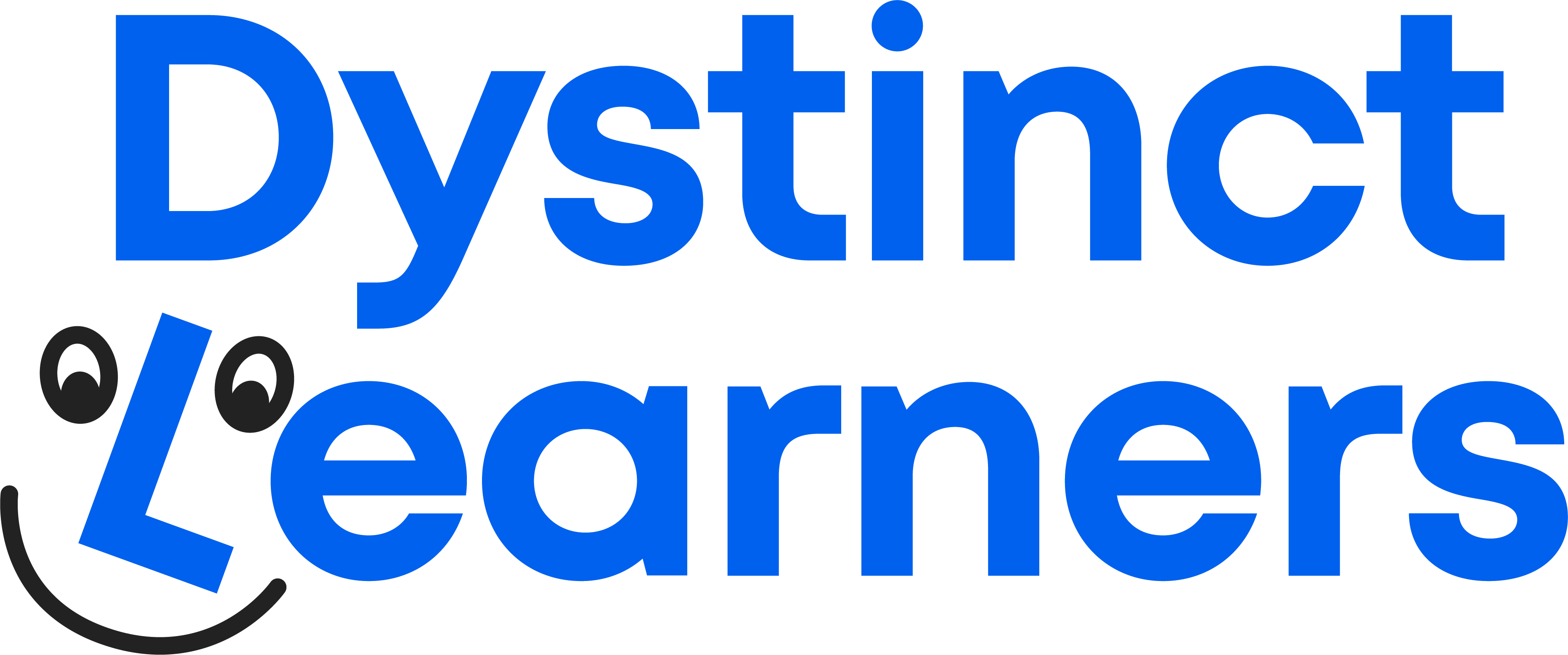FAQS
Understanding Dyslexia
Dyslexia is a learning disorder characterized by difficulty reading due to problems identifying speech sounds and how they relate to letters and words.
Common signs include difficulty with spelling, reading fluently, and phonological processing, as well as trouble learning new vocabulary.
No, dyslexia is a learning difference and does not reflect a person's intelligence. Many individuals with dyslexia have average or above-average intelligence.
Yes, while dyslexia primarily affects reading, it can also influence writing, spelling, math, and sometimes oral language skills.
Dyslexia is a lifelong condition, but with the right strategies and supports, individuals with dyslexia can become highly successful readers and writers.
Assessment and Diagnosis
Diagnosis typically involves a comprehensive evaluation by a specialist, which includes a series of reading, language, and writing tests, along with cognitive assessments.
Assessments are conducted by educational psychologists and involve tests that measure various aspects of language, reading, and cognitive skills.
Ensure your child is well-rested and understands that the assessment is to help them learn better, not a test they need to worry about.
A qualified educational psychologist, school psychologist, or a specifically trained speech and language therapist can conduct dyslexia assessments.
After diagnosis, it's important to discuss possible interventions, support at school, and ways to assist your child at home.
Educational Interventions
Structured literacy programs, such as Orton-Gillingham and Wilson Reading System, are effective because they are explicit, systematic, and multisensory.
Tutoring can provide specialized strategies tailored to your child's needs, focusing on areas like phonics, reading fluency, and comprehension.
Look for tutors who are specifically trained in dyslexia, ideally certified in structured literacy programs, and who use a patient, empathetic approach.
Yes, there are various apps and software designed to aid reading and writing, such as text-to-speech and speech-to-text technologies.
Engage in regular reading activities, use multisensory learning techniques, and maintain a positive and encouraging learning environment.
Support and Resources
Yes, many online and local groups offer support and resources for parents to share experiences and advice.
Absolutely, with the right support and interventions, children with dyslexia can thrive academically and in life.
Common accommodations include extra time on tests, oral exams, and the use of technology aids in the classroom.
Work closely with teachers and school administrators to ensure they understand your child's needs and have appropriate accommodations in place.
Several reputable organizations and websites provide extensive information on dyslexia, including strategies, research, and advocacy tips.
